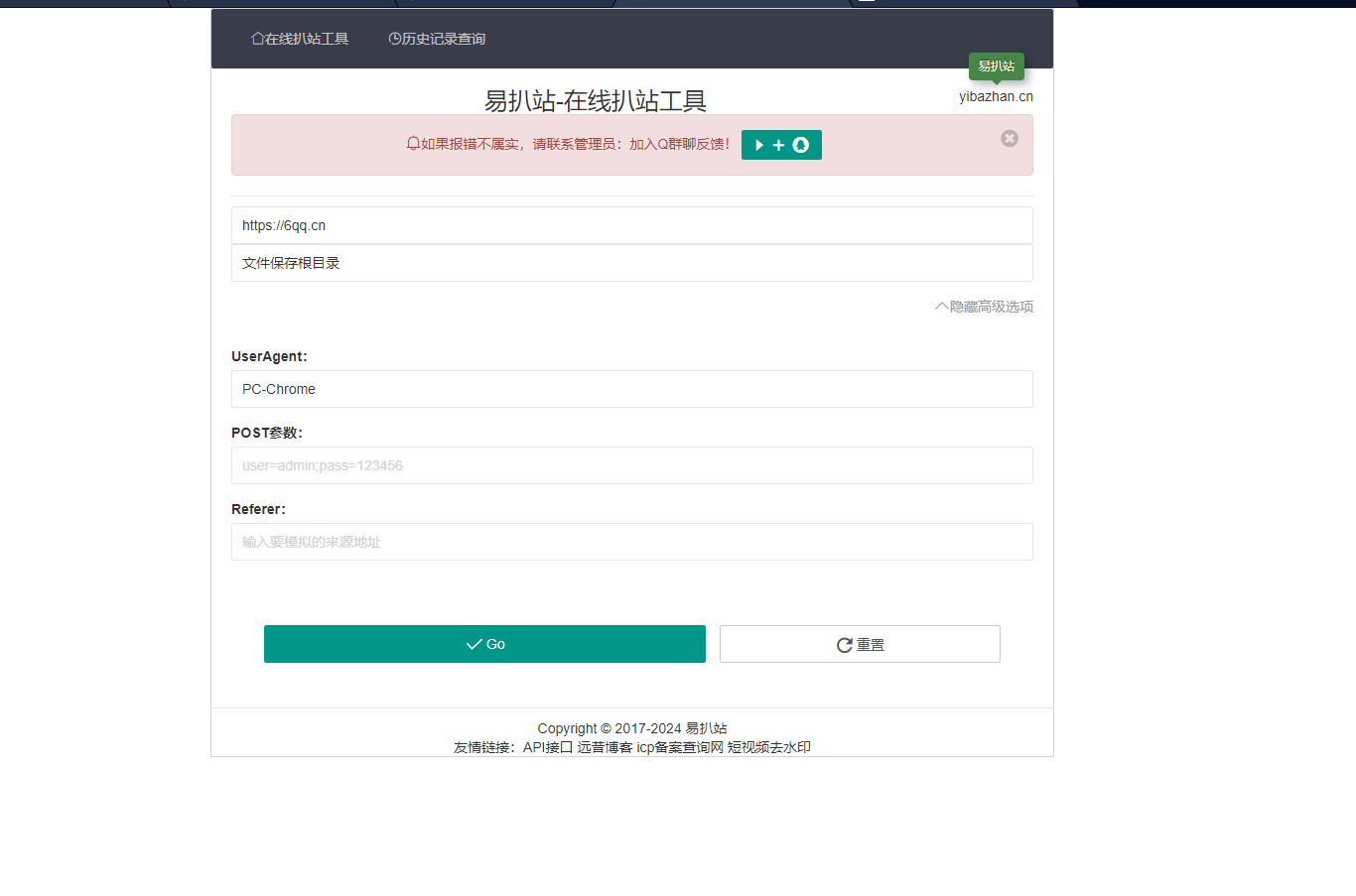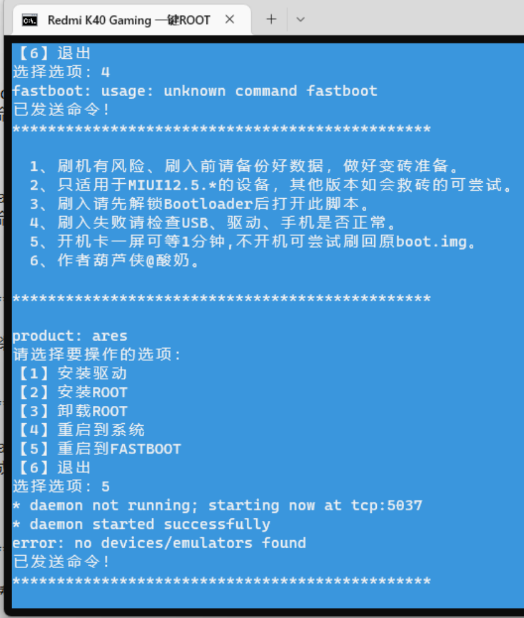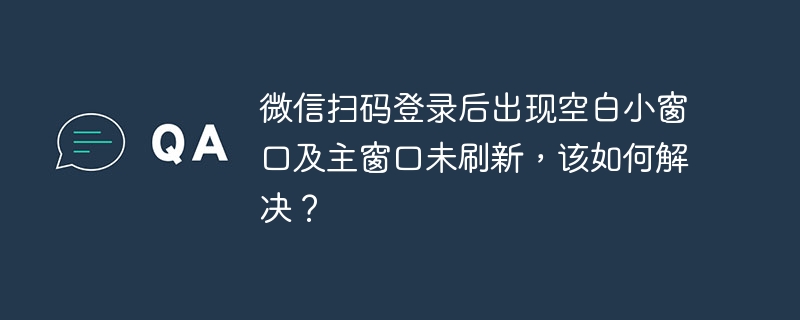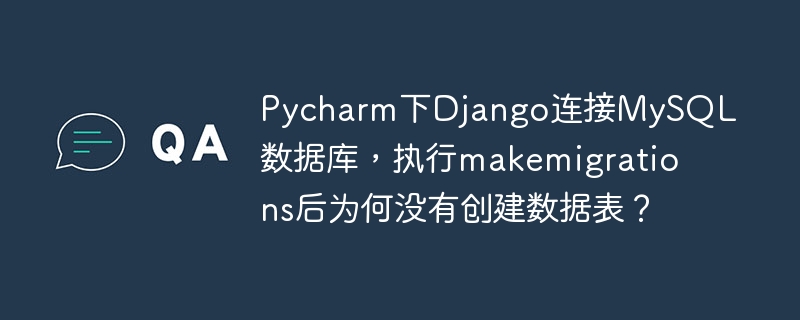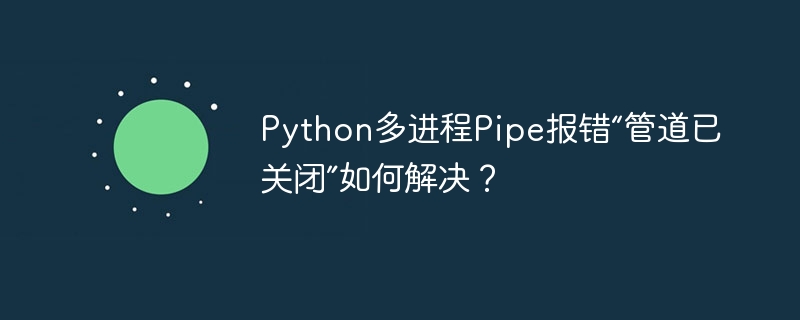
python多進程Pipe中“管道已關閉”錯誤的解決方案
在使用Python的multiprocessing模塊中的Pipe方法進行進程間通信時,可能會遇到令人頭疼的“管道已關閉”錯誤。本文將深入分析該錯誤的成因,并提供可靠的解決方案。
問題根源在于主進程與子進程間的協調性。當子進程使用child_conn.recv()等待主進程發送數據時,如果主進程在子進程接收數據前意外終止,child_conn將被關閉,導致子進程嘗試讀取已關閉的管道,從而引發錯誤。
在原代碼中,子進程無限期地等待主進程信號,這在主進程提前結束時會引發問題。 有效的解決方法是:在子進程中使用try…except塊捕獲EOFError異常。當主進程退出時,child_conn會關閉,嘗試讀取數據將拋出EOFError。 通過捕獲此異常,可以防止程序崩潰,并允許子進程以更優雅的方式處理這種情況。
立即學習“Python免費學習筆記(深入)”;
以下是改進后的service.py代碼:
import os from multiprocessing import Process, Pipe def start_child_process(child_conn): # 模擬長時間運行的任務 # run_server_for_long_time() child_conn.send({"port": 123, "ret": 1, "pid": os.getpid()}) try: signal = child_conn.recv() if signal: child_conn.close() except EOFError as err: print(f"Caught EOFError: {err}") class Server: def __init__(self): self.child_conn = None self.child = None self.parent_conn, self.child_conn = Pipe() def run(self): self.child = Process(target=start_child_process, name="my_child_process", args=(self.child_conn,)) self.child.start() data = self.parent_conn.recv() result = { "endpoints": { "http": f"http://127.0.0.1:{data['port']}/cmd", "ws": f"ws://127.0.0.1:{data['port']}/api", } } return result def stop(self): self.parent_conn.send(True) self.child.join() self.child = None if __name__ == "__main__": server = Server() r = server.run() print("r:", r)
single.py代碼保持不變,仍然可以正常運行:
from service import Server import time def main(): server = Server() result = server.run() print("r:", result) time.sleep(5) # server.stop() # 解注釋后,問題依然解決 if __name__ == "__main__": main()
通過捕獲EOFError異常,即使主進程提前結束,子進程也能干凈地退出,有效避免了“管道已關閉”錯誤,提升了程序的健壯性。
? 版權聲明
文章版權歸作者所有,未經允許請勿轉載。
THE END







